Digital gold
Digital gold
What is 'Digital Gold'?
When we talk about Digital Gold, we are referring to a nickname given to Bitcoin. This 'nickname' has a reason which lies in its comparison to traditional gold. Just as gold has always been a valuable resource and universal symbol of wealth throughout human history, Bitcoin is often viewed as the gold of the digital age.
Why is Bitcoin referred to as 'Digital Gold'?
Bitcoin gets its nickname 'Digital Gold' due to its unique qualities. The most important one is scarcity. Just like there is a finite amount of gold on Earth, there's a limit to how many Bitcoin can ever exist - 21 million. This scarcity is due to the way Bitcoin was created and the structure of the underlying Bitcoin Mining process.
Connection between 'Digital Gold' and Bitcoin Mining
Bitcoin Mining is the process that leads to the creation of new Bitcoin. To mine Bitcoin effectively, data processing power is required. The miners use this to solve complex mathematical tasks that keep the Bitcoin network secure. Their reward for doing this is new Bitcoin - essentially 'digging up' digital gold.
'Digital Gold' in the context of Bitcoin's Value
The idea of Bitcoin as 'Digital Gold' also relates to its value storage capability. Like gold, many people buy Bitcoin as a hedge against inflation and economic instability. Bitcoin's decentralized nature makes it resistant to control by governments or financial institutions, further cementing its status as digital gold.
Challenges of the 'Digital Gold' Concept
Despite the concept of 'Digital Gold' being widely accepted, it's important to note the challenges and volatility it presents. Unlike gold, Bitcoin's value can fluctuate dramatically. This volatility, while potentially profitable, also makes Bitcoin a risky investment. Just like mining for gold, mining for Bitcoin requires substantial resources and carries its own risks.
Blog Posts with the term: Digital gold
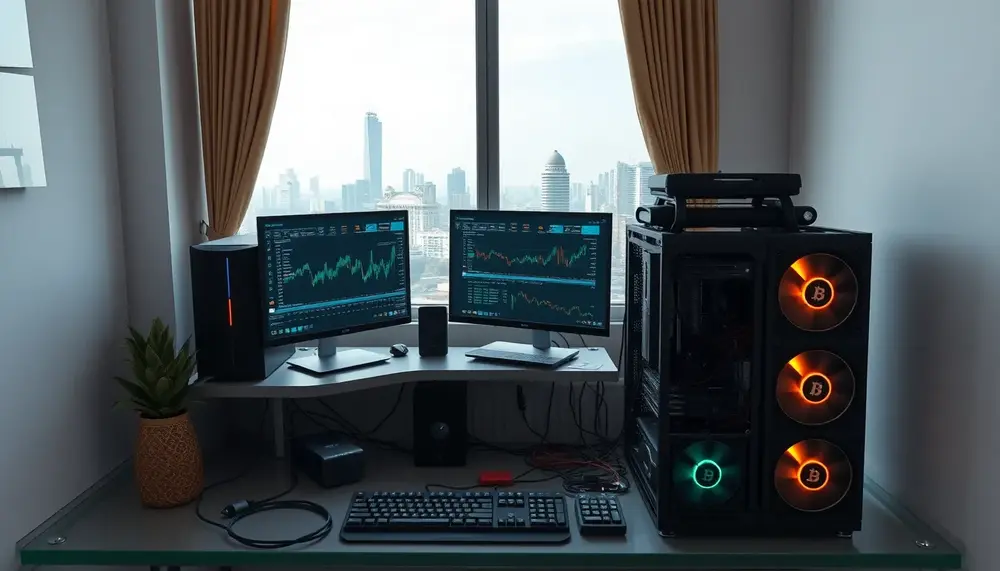
The article discusses the initial investment required for crypto mining in India, emphasizing costs related to hardware, setup, and software. It also highlights key technical specifications needed for mining rigs, such as GPUs and cooling systems, while stressing the importance...

Bitcoin mining apps can transform your device into a mini mining rig, but with the market flooded by both genuine and dubious options, it's crucial to verify platforms like Google Play for reliability through download numbers, ratings, user reviews, and...

This article explores the connection between Bitcoin mining and renewable energy, specifically focusing on solar, wind, and hydropower sources. It highlights the shift towards renewable energy in Bitcoin mining driven by environmental concerns, economic benefits, and advancements in technology. The...

Setting up a crypto mining server involves selecting optimal hardware like GPUs or ASICs, building infrastructure with adequate power and cooling, installing suitable software, and ensuring legal compliance for efficient operations. This process requires careful planning to optimize performance while...
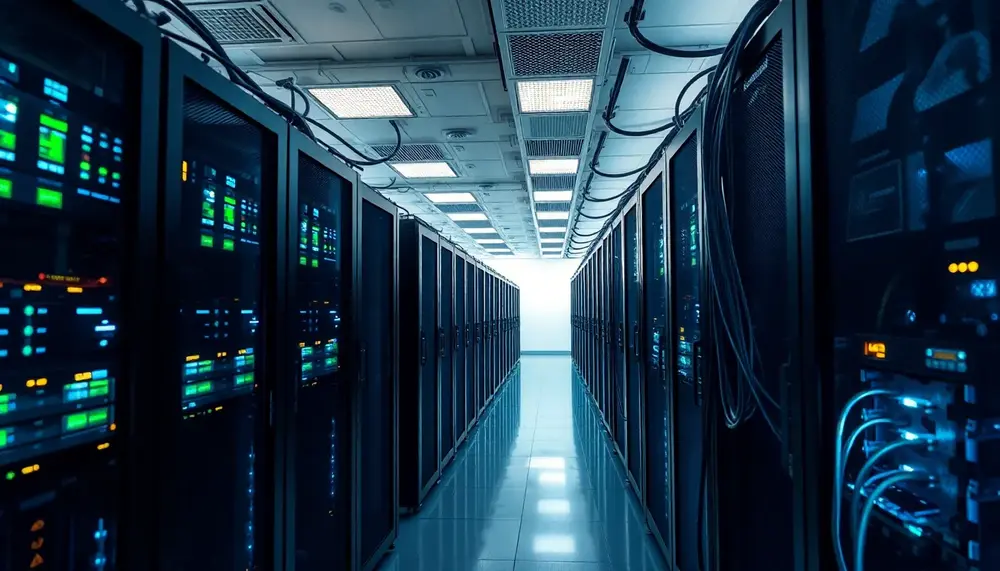
Bitcoin mining costs are heavily influenced by electricity expenses, which vary globally and can determine the profitability of operations; miners must balance efficiency, location advantages, and regulatory environments to succeed....
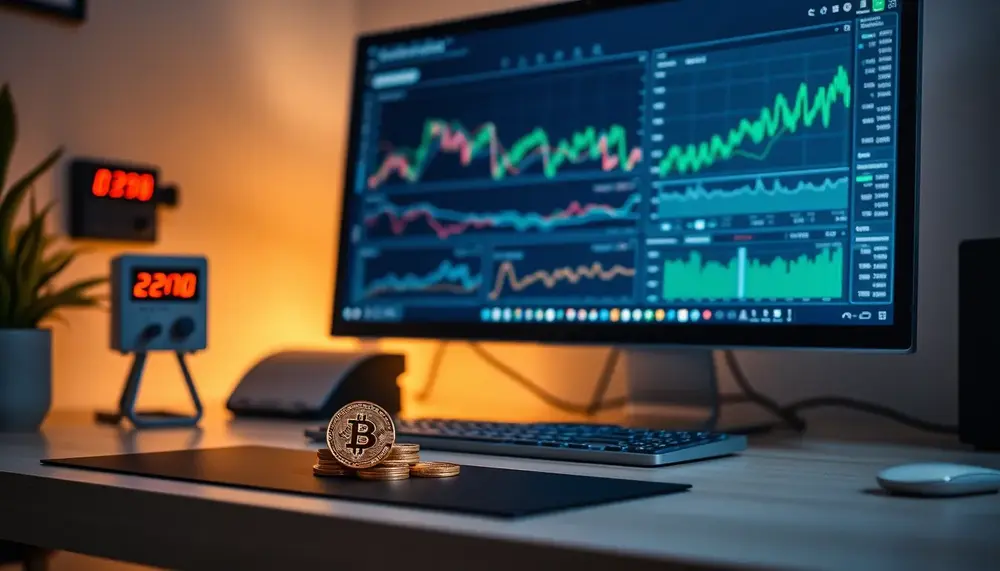
Bitcoin mining involves solving complex puzzles, requiring significant electricity consumption which impacts profitability; factors like hashrate, hardware efficiency, and regional electricity costs play crucial roles in determining energy expenditure. Technological advancements such as ASICs and smart software improve efficiency by...
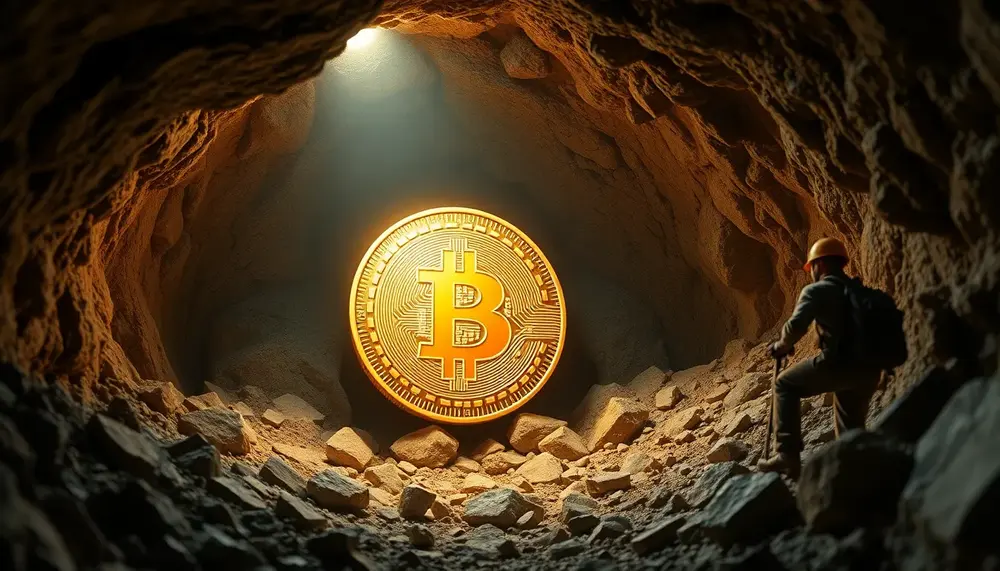
Bitcoin's mining reward system, which reduces rewards through halving events approximately every four years to maintain scarcity and influence market dynamics, plays a crucial role in shaping Bitcoin's value and technological evolution. These halvings impact supply by capping it at...

XRP, created by Ripple Labs in 2012, is designed for fast and cost-effective cross-border transactions using a semi-centralized ledger maintained by independent validator nodes. Unlike Bitcoin and Ethereum, XRP cannot be mined as all its tokens were pre-mined at inception;...
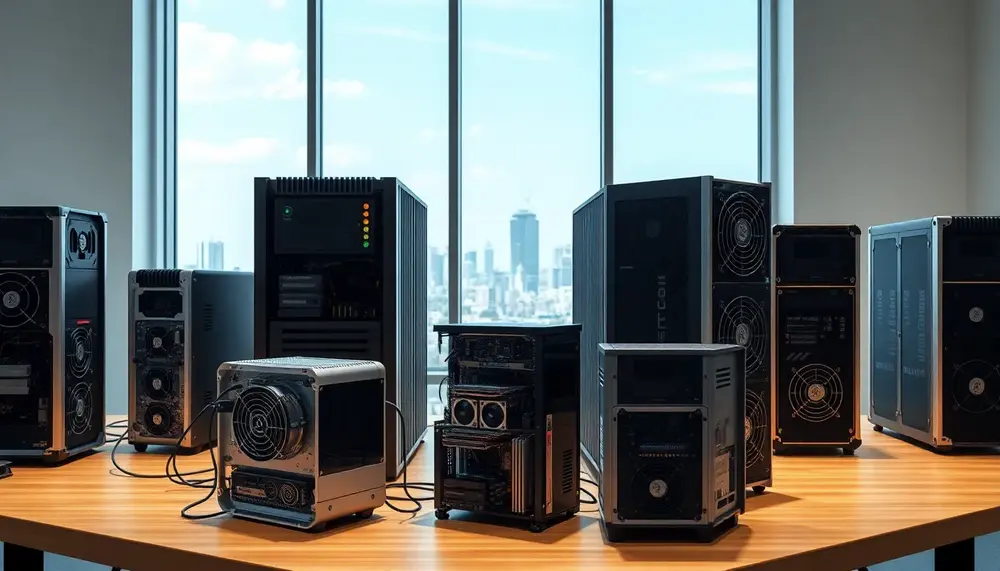
Bitcoin mining in Pakistan is gaining traction due to increasing awareness and potential profits, despite challenges like high electricity costs and equipment acquisition. The market for mining machines varies widely in price based on specifications and demand, with graphics cards...

Qatar is emerging as a potential hub for crypto mining, leveraging its natural gas reserves and sustainable energy initiatives to offer cost-effective power solutions while developing legal frameworks to regulate the industry. Challenges include regulatory clarity, environmental sustainability, infrastructure scaling,...

The Binance Mining Pool Profitability Calculator is a user-friendly tool that helps miners estimate potential earnings by inputting factors like hashrate, power consumption, and pool fees. It offers insights into different mining models such as FPPS, PPS, PPS+, and PPLNS...
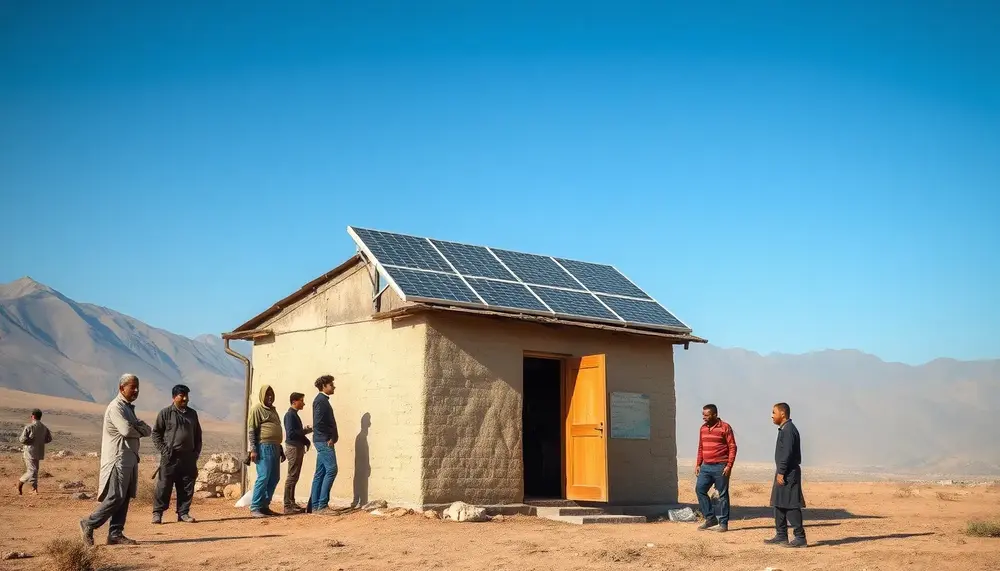
Crypto mining in Pakistan is emerging as a promising yet challenging field, with tech-savvy youth exploring opportunities amidst an evolving regulatory landscape shaped by the SECP and Central Bank's cautious optimism....
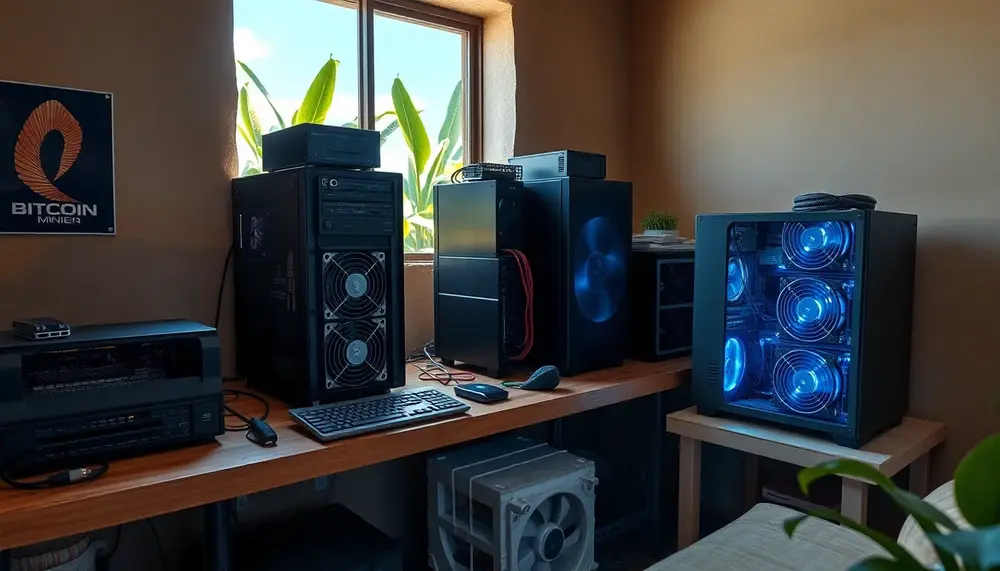
Bitcoin mining in Nigeria is gaining popularity, driven by the potential profitability of using specialized machines to solve complex puzzles and earn Bitcoin; however, factors such as equipment costs, energy consumption, maintenance expenses, currency fluctuations, import duties, technological advancements, local...
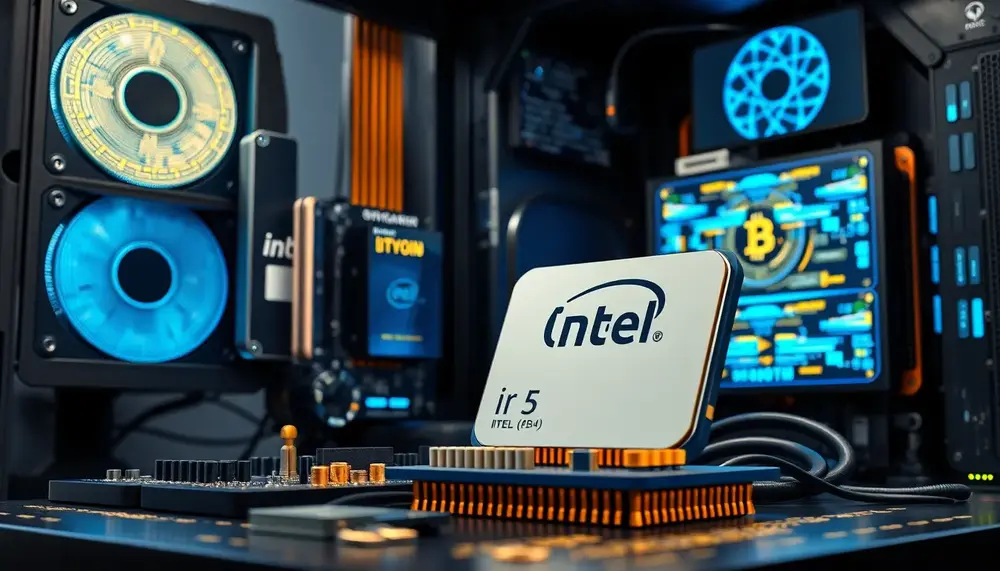
Intel i5 processors offer a balanced option for cryptocurrency mining, providing decent hashrate potential with considerations like core count, clock speed, and energy efficiency impacting performance; while not as powerful as dedicated ASICs, they provide versatility for other computing tasks....

